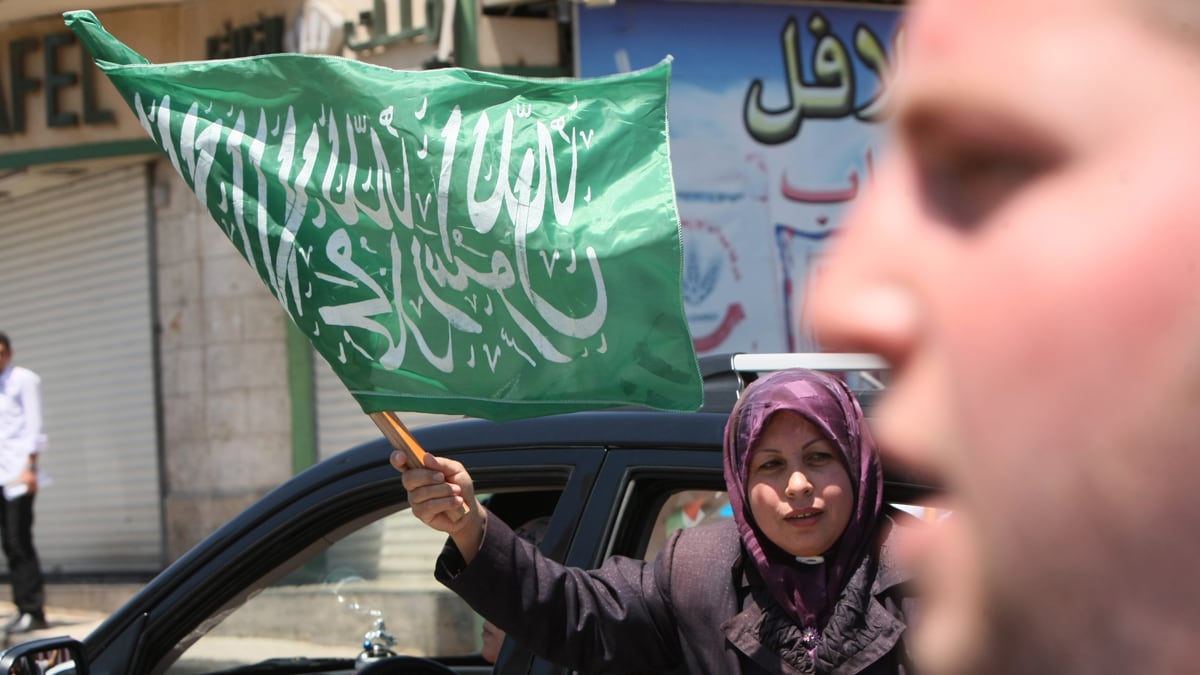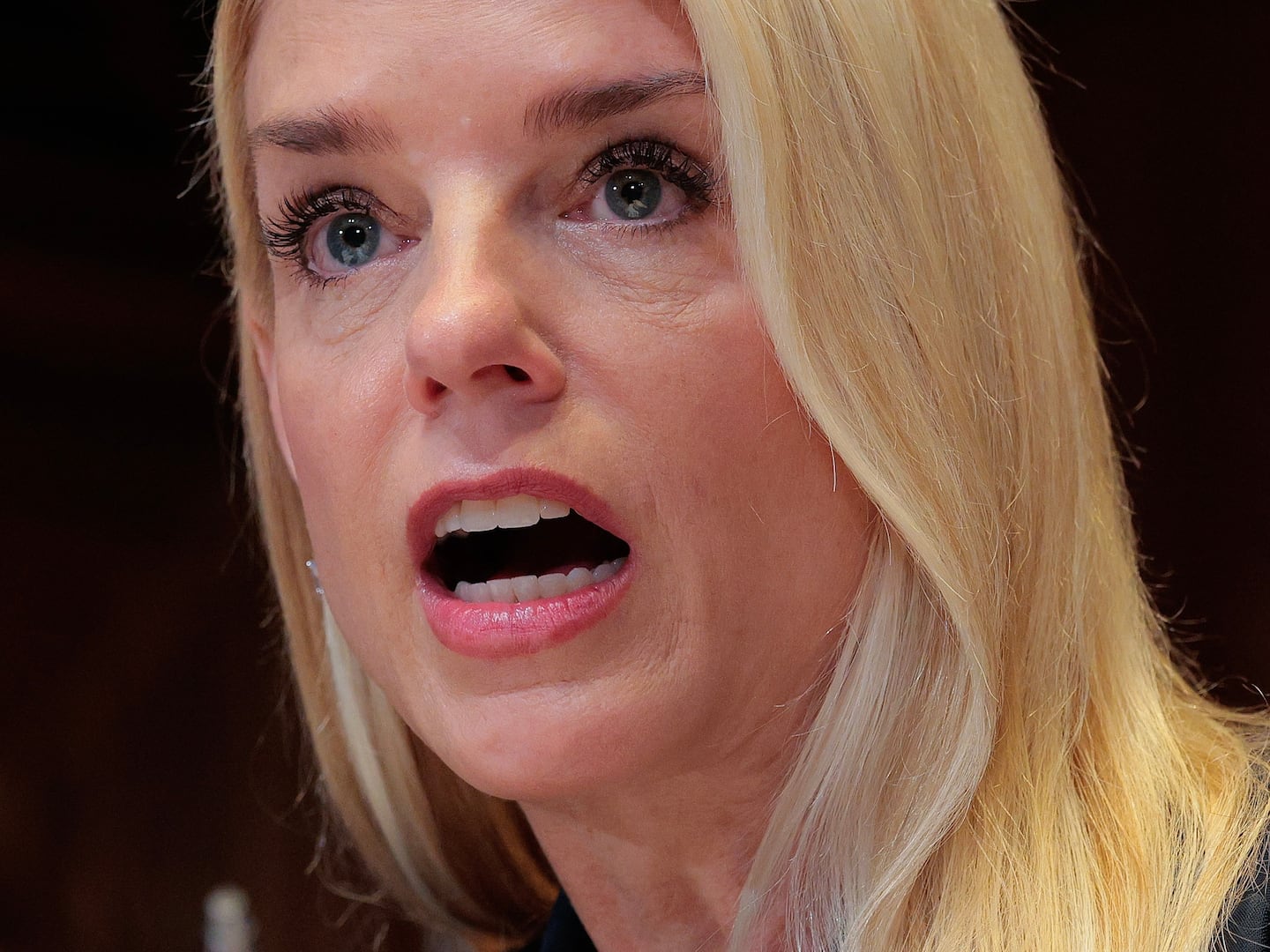Mahmoud Abbas seemed skeptical. It was the spring of 2011, and I was visiting the Palestinian president in his office in Ramallah a few weeks after writing a story about him for Newsweek. With Egypt’s help, Abbas’s Fatah party had just struck a deal with the Islamic group Hamas, and the agreement was supposed to end the damaging rift and the de facto division between the West Bank and Gaza. Now, however, the two sides were arguing over who should lead a transitional government, and Abbas didn’t seem optimistic. “I hope it will work,” he told me, but you could sense the doubt in his voice.
Abbas was right to be doubtful; the agreement didn’t work. Like other attempts at reconciliation since then, it faltered on the reluctance by Hamas to give up the privileges of power it had accumulated in Gaza since taking over the enclave in 2007—and a fear by both sides that elections would only diminish their authority.
Now, 18 months later, the prospects of an agreement between Fatah and Hamas seem more remote than ever. A visit to Gaza this week by the Emir of Qatar has conferred new legitimacy on Hamas, while Abbas’s Palestinian Authority faces financial insolvency and what analysts believe is the growing prospect of political irrelevance.
For both parties, and for ordinary Palestinians, the rift comes at a price. While Palestinians blame Israeli leader Benjamin Netanyahu for the absence of a peace process, their own division is itself a formidable obstacle to independence.
And since many Palestinians are themselves fed up with the division–and with the long absence of national elections in the West Bank and Gaza–neither Fatah nor Hamas can rule out an Arab Spring-style rebellion in the territories they control. “We have to find ways to heal the rift, but in the near future it seems to be very, very difficult, if not impossible,” said Hanan Ashrawi, a prominent Palestinian lawmaker.
Ashrawi said Hamas, which is sworn to the destruction of Israel, had come to view the rise of the Muslim Brotherhood in Egypt as a guarantee for its own political survival in Gaza. “We should be able to convince Hamas that its legitimacy comes from the Palestinian people, not from [Egyptian President] Mohamed Morsi or anyone else.”

Hamas took control of Gaza by force in June 2007, its militiamen overpowering security forces of the Palestinian Authority in a few decisive street battles. Though Hamas and Fatah had been at odds for years, mainly over the path to Palestinian independence (Hamas wants a Palestinian state instead of Israel, Fatah is willing to settle for one alongside it), the episode marked the first real warfare between them.
Fatah viewed the takeover as a coup d’etat. But Hamas said it was justified, given the outcome of the parliamentary election in the West Bank and Gaza the previous year, which it had won.
After Hamas took control of the enclave, Israel responded by imposing a blockade on it, shattering Gaza’s already-weak economy. While Netanyahu has criticized Palestinians for allowing an extremist group to run Gaza, he has also opposed efforts by Abbas to reach a deal with the group that would lead to elections.
In some ways, the division has meant less trouble for Netanyahu. Diplomats who might otherwise press Israel to be more forthcoming on peace issues concede quietly that real progress is extremely difficult as long as no single Palestinian leader controls the whole territory. “You can’t expect something from Netanyahu when no one out there has a monopoly over the use of power,” said a Western diplomat who serves in the region.
In a public statement, Hamas leader Ismail Haniyeh says he’s still interested bridging the divide with Fatah and reunifying the West Bank and Gaza. “There have been problems, but Hamas is not the obstacle,” a member of Haniyeh’s government who did not want to be identified due to the sensitivity of the issue said in a phone interview from Gaza. “We are ready to implement the agreement,” he added, referring to the one hammered out last year.
Perhaps, but analysts say Hamas has enriched itself through its rule over Gaza, in part by taxing goods entering the enclave through a network of smuggling tunnels under the border with Egypt. And they point to polls that suggest Hamas would lose power if it agreed to elections.
The pledge this week by the Emir of Qatar to invest more than $250 million in Gaza at a time when the Palestinian Authority in the West Bank is running a huge budget deficit is yet another disincentive for Hamas to agree to a reconciliation deal. “I believe what we see is the emergence of the statelet of Gaza, which is now receiving recognition more and more from the world,” said Ehud Ya’ari, an Israeli commentator on Arab affairs who works for Israeli Channel Two news. In a note of pessimism, he added that any chance of reconciliation between Fatah and Hamas is “long dead, now buried, no chance for that anymore.”






